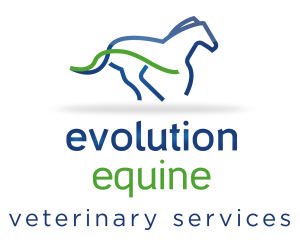Vaccination
In the UK we primarily vaccinate against Equine Influenza and Tetanus. These are available as separate or combined vaccinations. The routine protocols for these vaccines can be seen below.
Equine Influenza
Primary course: Initial vaccination followed by second primary vaccination 21-92 after the first injection. 3rd primary vaccination is given 150-215 days after the second injection.
Yearly boosters: Must be given within 365 days of previous booster injection or 3rd primary injection. Some sports horses require booster injections within 6 months of competing.
Tetanus
Primary Course: Initial vaccination followed by second primary vaccination 4 to 6 weeks later.
Booster: Given 18 months after initial course, after which reverts to booster vaccination every 2 years.
We can also provide vaccination against Equine Herpes Virus and Strep. Equi if it is required. Please speak to one of our vets in this instance.
Dentistry
We believe dentistry should be considered a key part of preventative medicine in equines. All horses will require some form of dental care throughout their lifetimes. We provide FREE dental checks with all vaccinations.
Routine rasping can also be performed on the yard at the time of vaccination. We offer a multi-horse deal for animals on the same yard:
1 horse: £45
2 horses: £42.50
3 or more horses: £40
Sedation can also be given if required at extra cost. We have both manual and power tools for rasping, so can use whichever method you and your horse feel most comfortable with. Our power tools are all battery powered, so a source of mains electric is not required.
Worming
We offer worm egg counting services and advice tailored to your specific management regime. Please speak to one of our vets to find out more.
Passporting and Microchips
It is a legal requirement for all horses, ponies and donkeys to have a passport. Since 1st July 2009 all horse passports must now contain microchip details. Each animal can only have one passport, which is to last its lifetime. Legally the passport must remain with the horse at all times.
Any horses receiving certain medications must be signed out of the food chain via Section IX of the passport. Passports must be applied for before a foal turns 6 months old or before the 31st December in the year it is born (whichever comes first).
There are different requirements for each passport agency, so it is wise to speak with one of our vets prior to arranging for passporting.
When filling out your horses passport application, the vet will:
- Complete the silhouette of the horse with markings
- Complete the description of the horse
- Implant or identify a previous microchip and complete the appropriate details
- Sign and Stamp the application form
Sedations
Sometimes your horse may require sedation for various procedures. We are able to provide either oral or intravenous sedative dependent to your requirements. Please speak to one of our vets to find out more.
